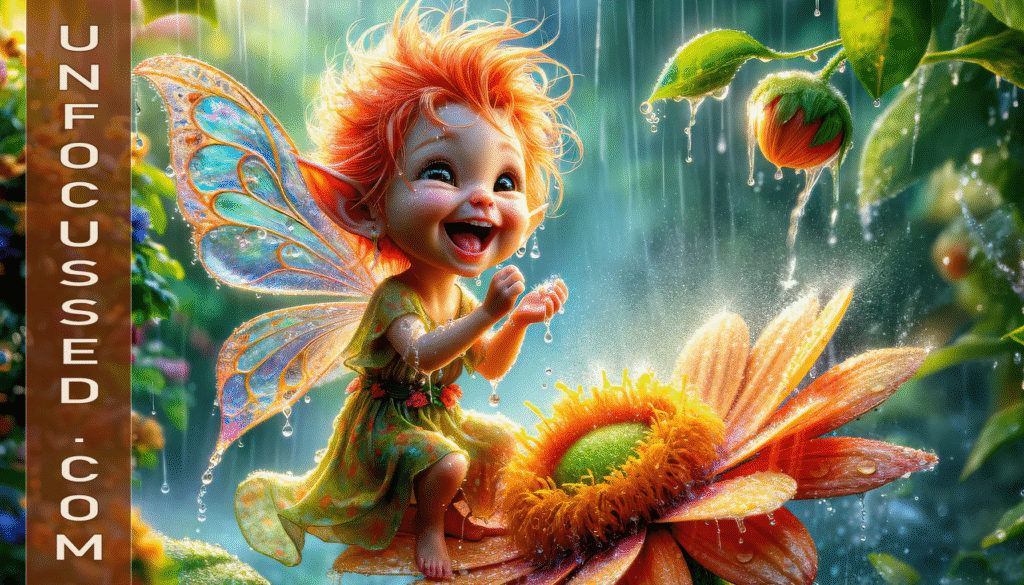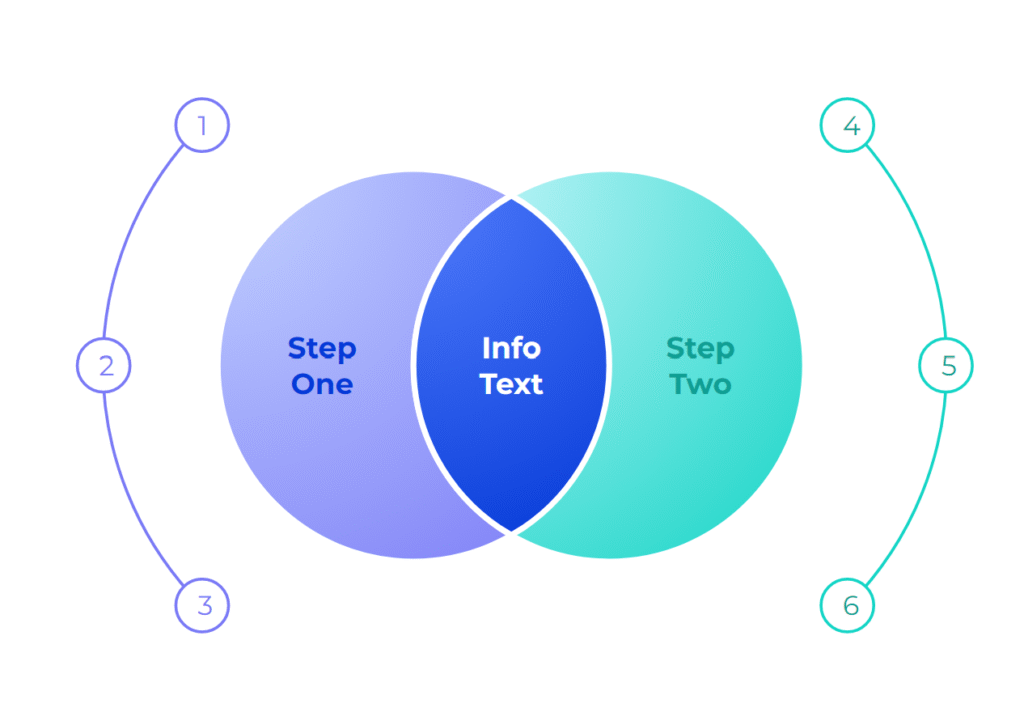1. What Does Discerning Mean?
According to the Cambridge Dictionary:
“Showing good judgment, especially about style and quality.”
The Magoosh GRE Dictionary defines it as:
“Having or showing good judgment and understanding.”
Thesaurus.com lists related words such as insightful, perceptive, and astute.
In short, a discerning person can pick out the subtle differences between things that appear similar on the surface.

2. Origin and Etymology
The word “discerning” comes from the Latin discernere which means “to separate, distinguish.” It is a combination of:
- dis = apart
- cernere = to sift or perceive
It evolved through Old French and Middle English into the modern adjective we use today.
3. Synonyms and Antonyms
Synonyms:
- Insightful
- Perceptive
- Astute
- Judicious
- Sharp
- Shrewd
Antonyms:
- Indiscriminate
- Unobservant
- Naive
- Gullible
- Uncritical

4. Real-Life Examples of Being Discerning
In Shopping:
- A discerning shopper will notice quality stitching in a garment that others might overlook.
In Food:
- A discerning palate can detect flavors and ingredients with precision.
In Social Media:
- Discerning users spot misinformation quickly and verify facts before sharing.
In Career Choices:
- Discerning professionals choose long-term value over short-term gain.

5. Discerning in Emotional Intelligence
Emotional intelligence involves recognizing and managing one’s own emotions as well as those of others. A discerning person:
- Understands subtle cues in tone or body language
- Can tell when someone is being insincere
- Maintains emotional balance in tricky situations

6. Usage in Literature and Quotes
Authors have long admired discerning characters:
- Sherlock Holmes is the epitome of discernment.
- Jane Austen’s characters often rely on discernment to navigate social intricacies.
Quote:
“The discerning heart seeks knowledge, but the mouth of a fool feeds on folly.” — Proverbs 15:14
7. Discerning vs Similar Words
| Word | Meaning | How It Differs |
|---|---|---|
| Insightful | Sees beyond the surface | More about ideas and context |
| Perceptive | Notices details and subtleties | More sensory and emotional awareness |
| Astute | Clever and accurate in judgment | Focused on practical intelligence |

8. Why Being Discerning Matters
In today’s noisy world, discernment:
- Helps avoid scams
- Protects mental health
- Elevates quality of life
- Fosters deeper relationships
People who are discerning are trusted, respected, and often lead fulfilling lives by avoiding drama and focusing on what truly matters.

9. FAQs About Discerning
Q1: Is being discerning the same as being judgmental?
No. Discerning is thoughtful and fair; judgmental implies being harsh or biased.
Q2: Can anyone become more discerning?
Yes. Through practice, self-awareness, and critical thinking, anyone can develop discernment.
Q3: Is it a positive or negative trait?
It’s highly positive when balanced with empathy.
10. How to Cultivate a Discerning Mind
- Practice mindfulness: Tune into your surroundings.
- Ask questions: Be curious.
- Slow down: Avoid snap decisions.
- Seek truth: Fact-check before forming opinions.
- Read often: Knowledge builds discernment.

11. Translations and Global Usage
| Language | Translation | Meaning |
| Hindi | सूक्ष्मदर्शी | One with subtle insight |
| Spanish | Perspicaz | Keen in observing and judging |
| French | Perspicace | Perceptive and thoughtful |
| Japanese | 洞察力のある | Having the ability to discern |

12. Conclusion: The Edge of Awareness
In a fast-paced world of distraction and deception, being discerning gives you the edge. It helps you make smarter decisions, build meaningful relationships, and live authentically.
Start small. Ask better questions. Pay closer attention. Your journey to a more discerning life begins now.
